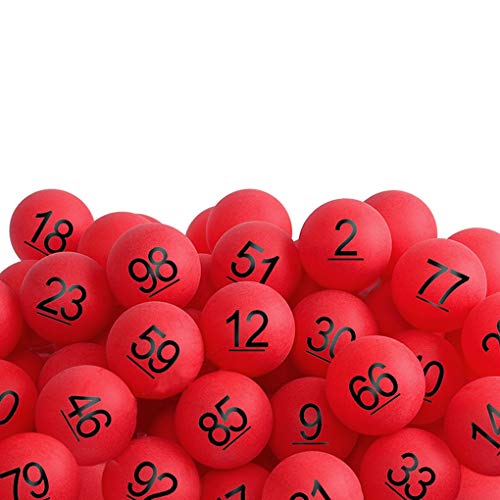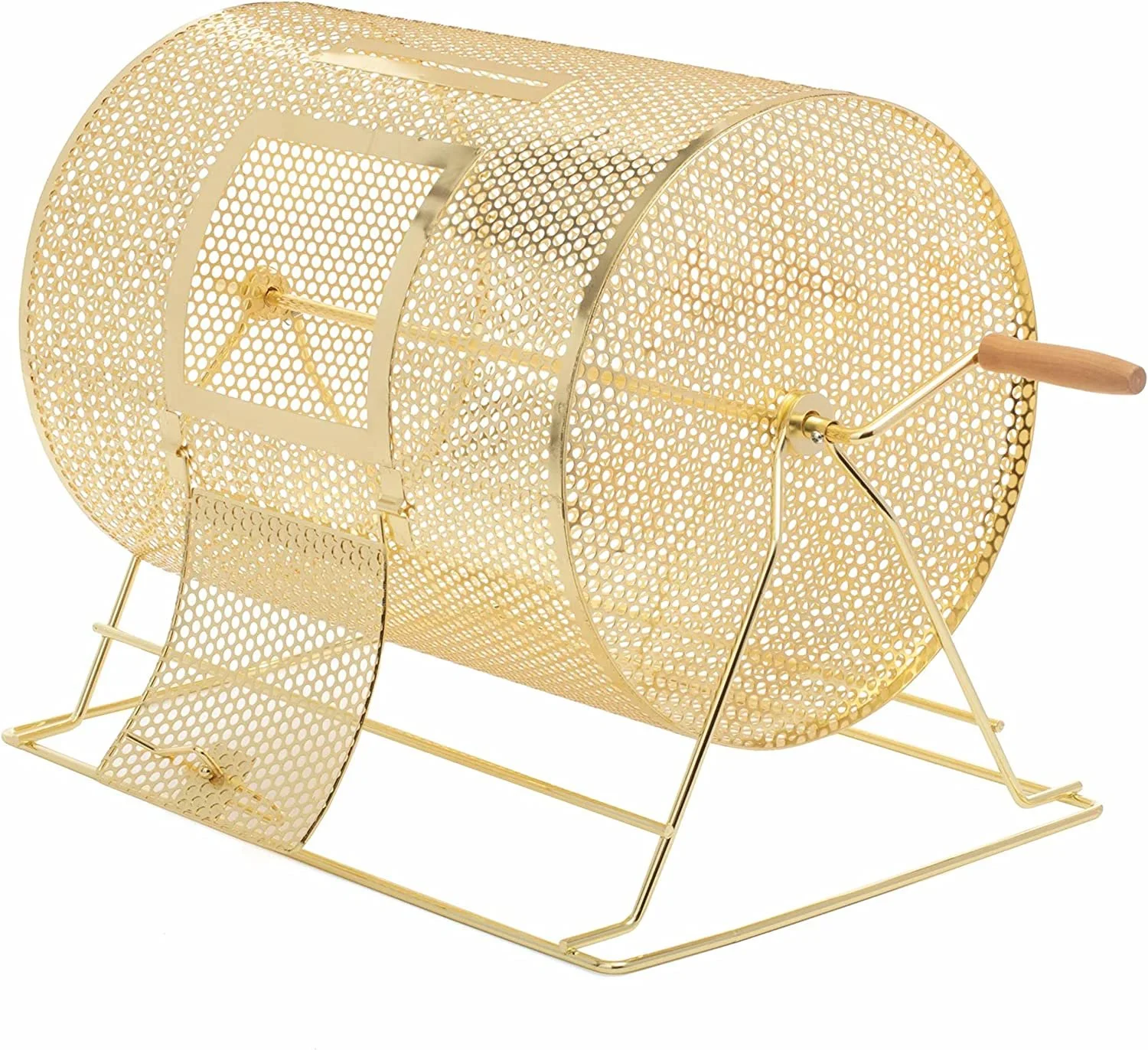Folks went a little berzerk in Florida one year when the state's lottery jackpot climbed to a then-record $94 million. One fellow, nicknamed "The Phantom," bought 80,000 tickets at a bar called Smitty's Place in Jacksonville and still didn't hold a winning ticket when numbers were drawn. Those who did win are collecting about $15 million paid out over 20 years.
Lottery officials just love those big jackpots. The bigger the prize the more participants and the more dollars for state budgets, and yet the payoff to individual winners stays about the same. This is because the likelihood of multiple winners rises with each ticket sold and the prize money in the big pots usually gets split two, three or six ways, as was the case in Florida.
The odds of selecting all the numbers in a Pick 6 type game, of course, are awfully slim: 7 million to 1 at best.
Compare the odds of being struck by lightning (9,100 to 1) or dying in a plane crash (4.6 million to 1). It would be much easier to draw an opening hand royal flush in poker (649,739 to 1) or receive a fatal dose of natural radiation (50,000 to 1).
Snow in July would be a better bet. A bumper crop of winter wheat would be a lot more likely.
Everyone has a system for improving their lottery chances. Mine is to play the birthdates and ages of family members. Those numbers, I figure, will be drawn at least once in the next 250,000 years. Hopefully, I won't forget to buy a ticket that week.
Another tip I've heard is to pick "unusual" numbers that someone else is unlikely to select. That way, if you win you won't have to share the jackpot like those six unfortunate people in Florida. But which numbers are unusual? 1 through 6? 49 through 54? Oops! Not anymore....
There's also the "hot numbers" system of former commodities trader Gail Howard who charts the winning numbers in recent lotteries and forecasts them like futures. Half of all winning numbers, she claims, have hit within the previous three games.
This is bunk, mathematicians insist. "Runs" or "clusters" of the same winning number are a natural part of random selection, and noticing their presence in past drawings makes them no more likely to appear in the next lottery.
The only way to be sure of winning a 49-number lottery like Florida's is to spend about $15 million buying all the possible number combinations. But then if five or six other people also draw winners you'll just barely break even.
An international investment group apparently used this method to win a $27 million jackpot in Virginia's 44-number lottery earlier this year, buying at least 5 million out of 7 million possible number combinations. Luckily for them, they drew the only winner.
For those of us without millions of dollars to risk, there's only one sure way of doubling our money: fold once and return to the wallet.

